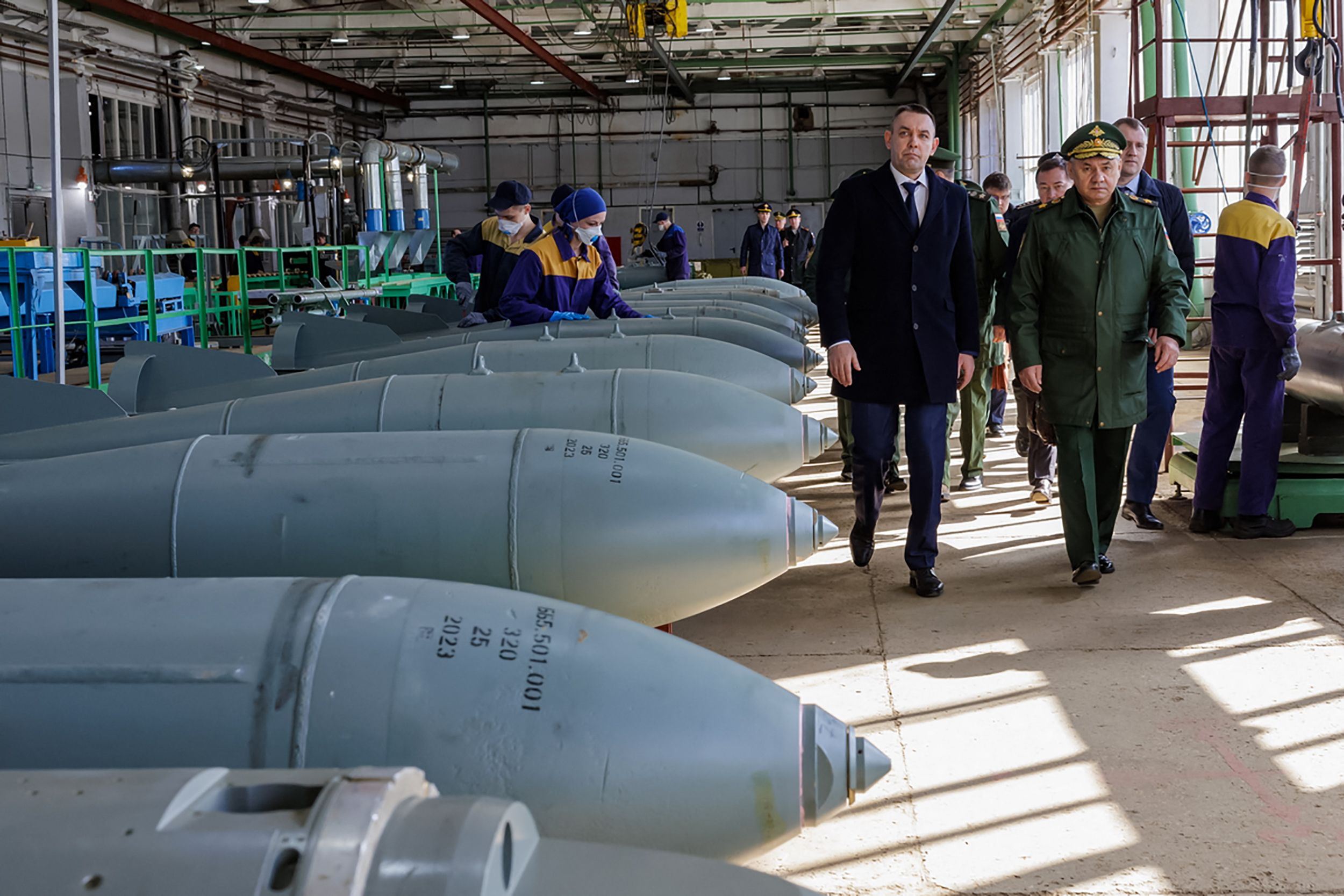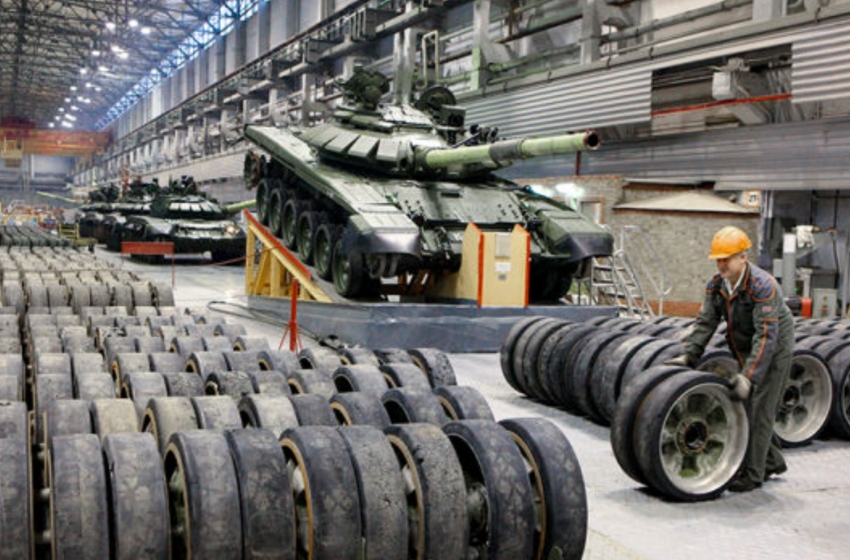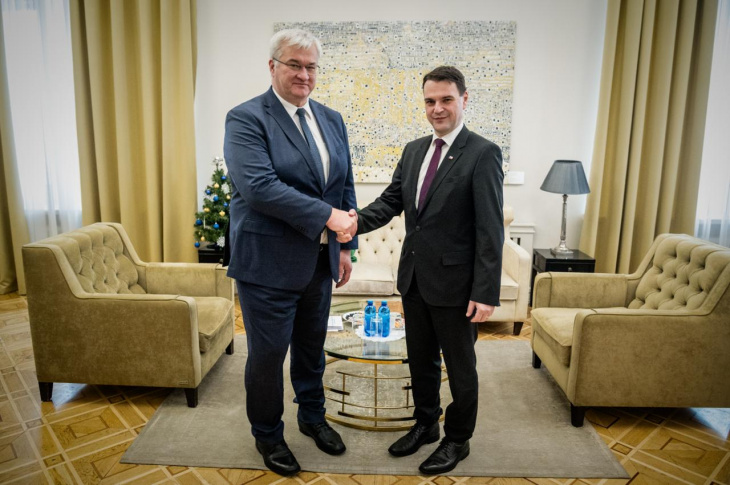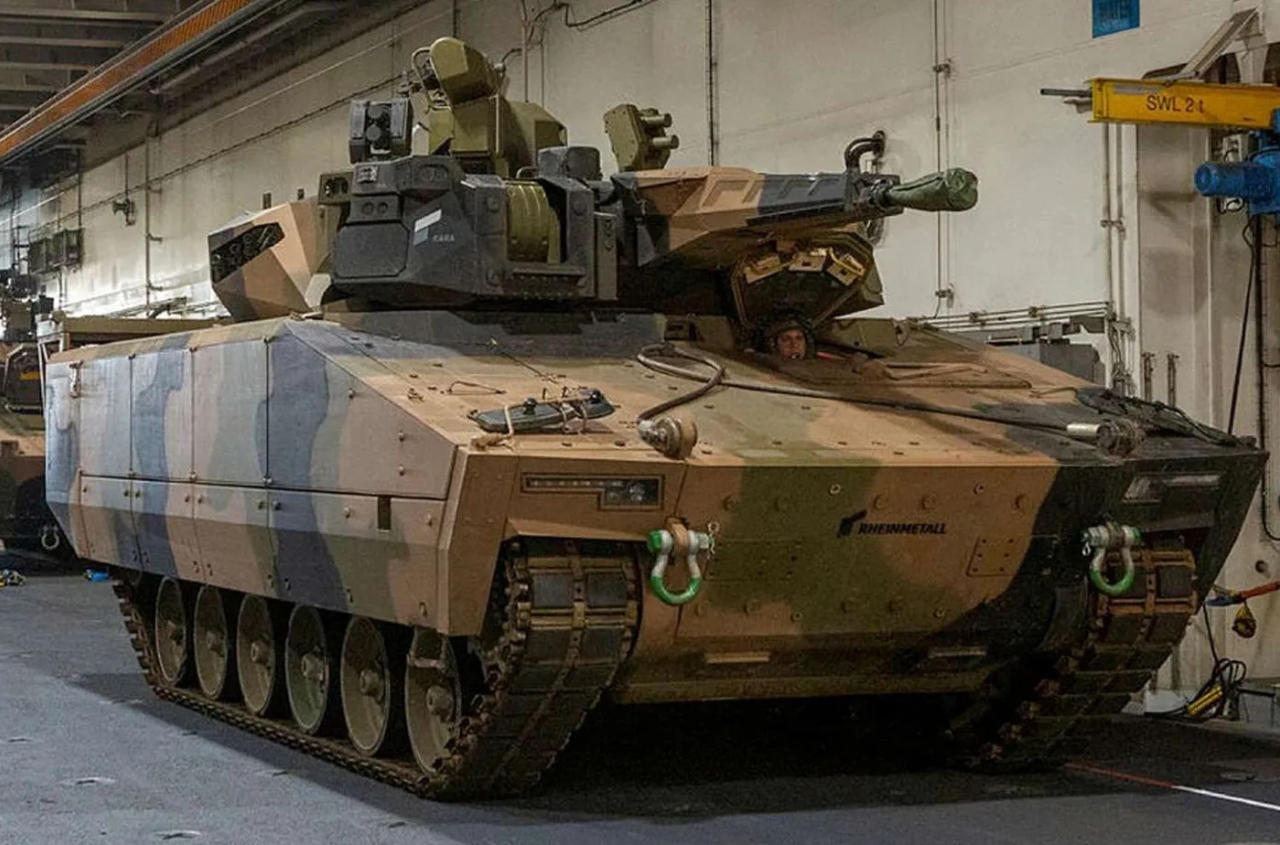The Kremlin has created a parallel shadow financing system for the war against Ukraine through subsidized lending, according to former Morgan Stanley and Bank of America financier Craig Kennedy in his newsletter Navigating Russia.
Immediately after the invasion of Ukraine on February 25, 2022, Vladimir Putin signed amendments to allow subsidized loans for defense enterprises. This led to a sharp increase in corporate borrowing by 71%, reaching $415 billion, or 19.4% of GDP, by mid-2022, Kennedy calculates. This amount exceeds the total revenue from oil and gas and the defense budget expenses from autumn 2022 to autumn 2024. Up to $250 billion of this sum was allocated to finance war-related and often uncreditworthy enterprises.
Due to the surge in borrowing, the Kremlin managed to create the illusion that the government was handling the defense budget. However, according to Kennedy, this parallel system, which emerged in the second half of 2024, became the main factor behind inflation and rising interest rates above 21%. Even the Russian Central Bank considers such subsidized lending a threat to the country's economic stability.
According to Central Bank officials, high borrowing costs create risks of excessive debt for major companies like Gazprom, which took loans at 22% and higher to cover losses from the collapse of European exports.
It is likely that soon the government will have to take on the responsibility of saving these indebted enterprises, which could consume up to half of the entire budget. After that, the Kremlin will be unable to finance the military's rearmament unless the West eases sanctions.

Kennedy notes that today, as in the past with the USSR, Russia is concealing the true state of affairs with military-industrial complex financing to present a better image in negotiations. However, the longer the Kremlin delays a ceasefire in Ukraine, the more likely it is that the country will face a credit crisis. The only way out of this situation for continuing the war is to secure the lifting of sanctions in negotiations.
Kennedy recommends that the Ukrainian authorities refuse to agree to a relaxation of sanctions as a condition for a ceasefire and insist that Western resources can surpass Russia's capabilities on the battlefield. Meanwhile, Kyiv could request a new package of weapons and stronger sanctions. The financier believes that lifting some sanctions on Russia would only be acceptable to Kyiv if it became a condition for a complete cessation of the war and reparations.





















